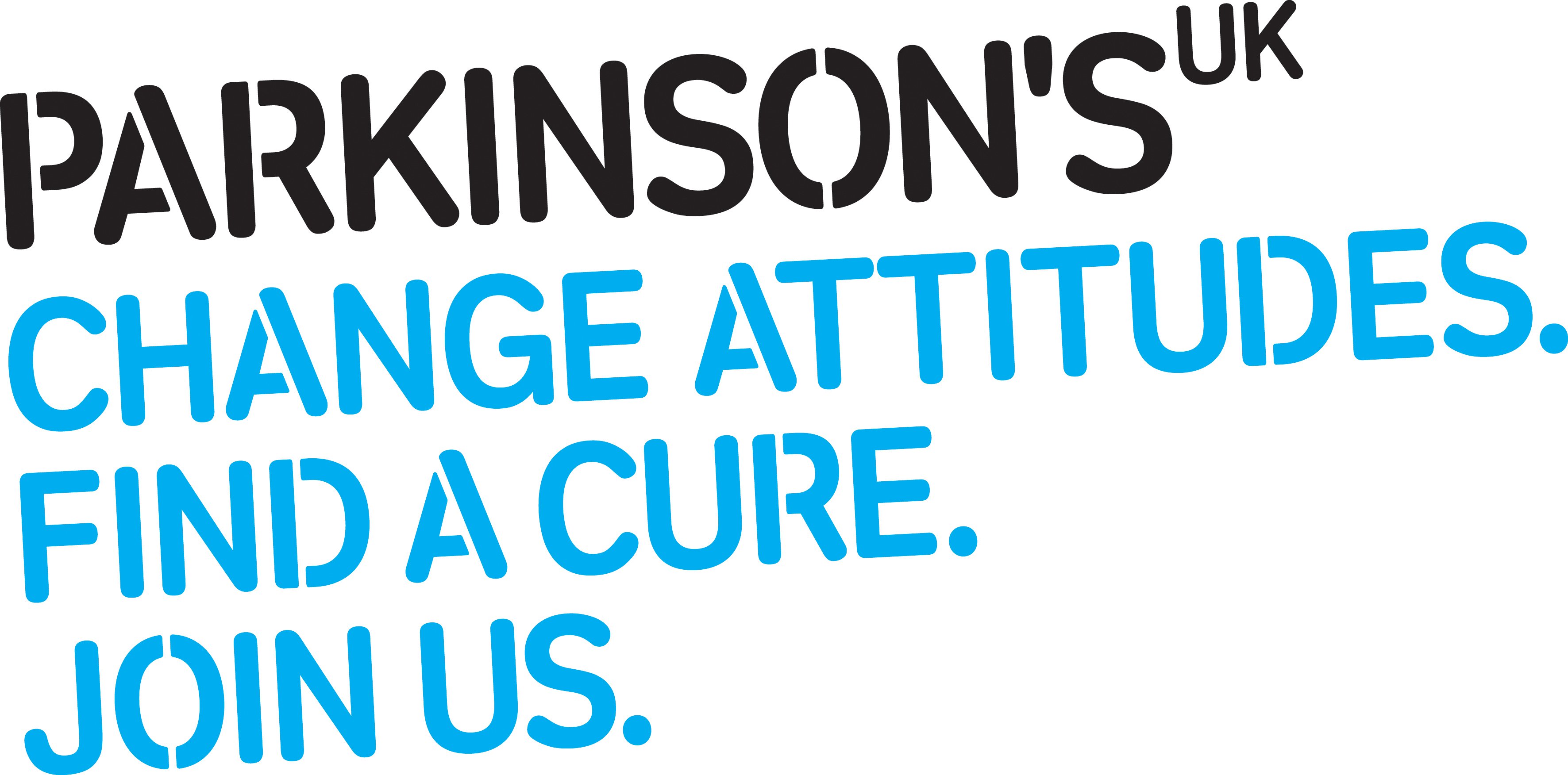What is Rapsodi?
Rapsodi is a pioneering study that uses the internet to find new ways to diagnose Parkinson’s earlier and develop life changing treatments. You have been invited to join the study because you may carry the GBA gene associated with the condition. The latest research has identified a link between the GBA gene and a slightly higher risk of developing Parkinson’s much later in life. Rapsodi aims to identify certain early symptoms that appear many years before the movement problems associated with Parkinson’s.
If you are someone with Parkinson's disease, please visit our "sister" study PD Frontline. This is a new website designed specifically for those with a current diagnosis of Parkinson's disease. PD Frontline involves the same genetic tests as in Rapsodi, and aims to put people with Parkinson's at the forefront of research for clinical trials and other studies. Visit www.pdfrontline.com and #GetTrialReady.
How will this help me?
If you carry the GBA gene, the chances are that this will remain silent and you will not develop Parkinson's. Nevertheless, by participating in this study you will be helping to develop new treatments for those who now have Parkinson's and for those who might develop it in the future.
The study will take place over a number of years
If you participate it will take 45 minutes to an hour of your time each year.
Year 1
Register, give family history and invite other family members.
Do online tests – questionnaires, keyboard tap tests and memory tasks.
Do saliva and smell tests that are sent to you in the post.
Year 2
We will email you to revisit the Rapsodi site.
Do online tests – questionnaires, keyboard tap tests and memory tasks.
Future years
We will email you to revisit the Rapsodi site.
Again online tests – questionnaires, keyboard tap tests and memory tasks.
At various points in the future we will ask you to do the smell test again.
How taking part will help everybody with a higher risk of developing Parkinson’s
Recent research suggests that problems including loss of smell, sleep, memory problems, constipation and anxiety may occur many years before the movement problems of Parkinson’s appear. These problems are not specific to Parkinson’s, however by looking for combinations of them amongst large groups of people who we know carry the GBA gene, we believe that in due course we will be able to detect those in the very earliest stages of developing Parkinson disease.
By using the internet we can include large numbers of people, who can take part from home, enabling us to process lots of information quickly and efficiently. For four years a study called PREDICT PD has been using the internet to look for these patterns which may predict Parkinson’s amongst the general population. The information gained in the Rapsodi study will complement that obtained in PREDICT PD and together the two studies will allow an unparalleled insight into the way Parkinson’s develops at an early stage.
What will the study achieve?
We already know a great deal about the link between GBA and Parkinson’s disease but in order to develop and use a drug to treat it we need to know even more. The aim of developing new drugs would be to slow down the progression of Parkinson’s caused by the GBA gene and to identify which people would benefit. Most people who carry the GBA gene will NOT go on to develop Parkinson’s.
We know before Parkinson’s disease has caused irreversible damage to nerve cells, people experience some subtle symptoms which tell us they are likely to go on to develop the condition. The aim of Rapsodi is to look for these subtle changes in people who carry the GBA gene. Once we begin to understand what factors determine which people are more likely to develop Parkinson’s well in advance of the condition progressing, we can begin drug trials to test new treatments to stop it developing any further.
Our laboratory is in the process of developing a number of potential treatments to stop the early loss of these nerve cells within the brain and so prevent the disease developing. To test whether these treatments work will require many people in the earliest stages of developing Parkinson’s disease, who will be given the drug to test its effectiveness in a clinical trial.
The end objective of the study is to provide information which will allow the identification of those carriers of the GBA gene with early signs of Parkinson’s disease, so when a potential drug to treat Parkinson’s disease becomes available, we are able to test its effectiveness with this group.
Being part of the study and inviting other members of your family to take part
By joining the study we will ask you to take part in an online test each year that will take about 45 minutes to one hour and send you some other tests in the post. Once you have completed these, we will call you and also ask if you think any other members of your family may wish to take part. We will only make contact with your family through you. We will then ask you to revisit the Rapsodi site once a year for an hour to do similar online tests.
We will ask you some questions about your medical and family history. All the information you provide will be kept strictly confidential and will not be personally identifiable. Participants’ data will be kept confidential. It will be encrypted and stored on secure databases which employ the same level of security as used by the online banking industry. All the results of the assessments relating to the early symptoms of Parkinson’s will be stored on a separate server from that of your personal information. We will only contact members of your family through an initial introduction from you and again all their information will follow the same confidentiality guidelines.
How does the study work?
Being part of any research is a commitment, which is why we’ve made it easy by making Rapsodi mainly internet based. Without the help of people willing to take part in research we couldn’t explore any of these questions. We need big data to answer these big questions. We are looking to recruit around 1000 people who carry the GBA gene over several years. So this could be somebody with Gaucher disease or a family member who is a carrier of the gene. To look for meaningful patterns we are asking participants to carry out an assessment over the internet every year lasting about 45 minutes to an hour. This consists of some questionnaires, a test of your finger speed and some memory tasks. In the first year you will be asked to undertake a second memory task. We will also send you a smell test through the post which you will need to do every two years.
The first time you do the smell test we will also ask you to give us a saliva sample. We may ask whether we can assess you in person. This does not mean you have the early signs of Parkinson’s disease but is part of the process of ensuring the measurements taken over the internet are accurate. We will not reveal the scores of your assessments unless you are clearly developing Parkinson’s or if you have early signs of Parkinson’s and are eligible for a drug trial, in which case we will reveal them as part of the process of informed consent. In some cases we may also ask you to donate a sample of blood, urine or cerebrospinal fluid (the fluid that runs next to the spinal cord) as part of the study. Donating these samples (and in particular cerebrospinal fluid) is optional and won’t affect your ability to participate in the rest of the study.











